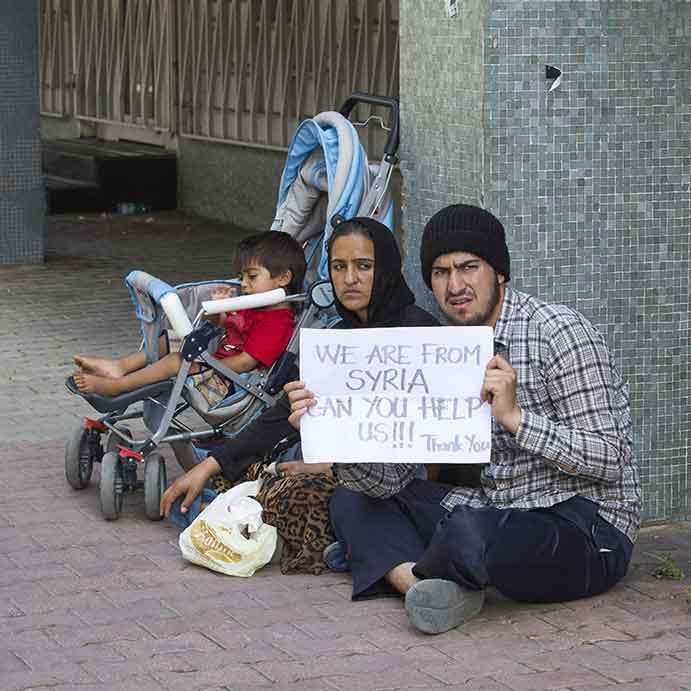Denmark is one of only a handful of countries so far to meet a promise, agreed by countries at the United Nations as far back as the 1970s, to spend 0.7% of their gross national income on overseas aid.
In 2015, Denmark delivered an aid budget equivalent to $2.6bn – at 0.85% of its GNI, this made Denmark one of the most generous countries in the world, with only Sweden, Norway and Luxembourg giving more as a proportion of their income.
Denmark is also known for delivering high quality and flexible support, and came out on top of the Centre for Global Development’s Commitment to Development Index last year.
But the OECD think-tank warned today that the country’s continued support faces significant challenges from a reduction in the aid budget and fast-rising refugee costs.
The Danish official overseas aid programme is set to fall back to 0.7% in 2016. The OECD said this reduction, along with staff cutbacks, organisational changes and an expected tripling in spending on refugees in Denmark in 2016 – equivalent to 30% of the country’s total aid – will put pressure on the country’s development programmes and aid planning.
The OECD said that Denmark has not addressed where its new funds for refugees will come from. Campaigners have urged national governments not to divert their official overseas aid to cover refugee costs at home, which they say will leave resources for tackling extreme poverty abroad even more scarce.
A draft for a new development strategy is set to be discussed by the Danish partnership later this year. It will be centred on strengthened coherence and integration between humanitarian and development aid.
“Denmark has shown a strong commitment to poverty reduction and humanitarian aid over this year, as well as providing guidance on human rights and gender equality for the 2030 agenda for sustainable development, “ said Mario Pezzini, OECD acting director of development.
“The challenge now will be to ensure that a smaller aid budget and fast-rising refugee costs do not derail this excellent record.”
The OECD made a number of recommendations to help Denmark make the most of its declining pot of funds. It said Denmark could do more to balance its commercial objectives with the poverty focus of its development, in particular by improving the monitoring of the leveraging effect and development impact of its aid flows.
Its new development strategy should also ensure Denmark’s funding to international institutions, such as the World Bank, is aligned with the country’s objectives. It noted that the share of Denmark’s contributions to such organisations declined from 70% in 2010 to 45% in 2014.
The OECD reviews the aid contributions of its members every five years to monitor performance, hold them accountable for past commitments, and recommend improvements.
Denmark has implemented seven and partially implemented six of the 15 recommendations the OECD put forward in its last review of the country’s aid programmes in 2011.













